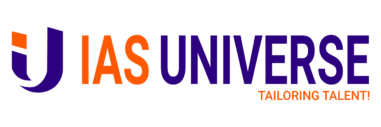Introduction:
Emotional Intelligence is the ability to understand and control one’s own emotion and the emotion of others (Salovey and Mayer).
In this regard, Daniel Goleman has define emotional intelligence in terms of ability of a person to keep oneself motivated even in the case of frustration and failure and ability to postpone one’s own immediate needs, gratification, desires and wishes and it is also a ability to control one’s own passion and the emotion of others.
Crisis of Conscience: The situation in which one feels bad for doing something which seems wrong, due to their inability to do the right.
Emotional Intelligence helps overcome crisis of conscience:
- EI helps in managing one’s own emotions and thus helps one to make peace with our crisis of conscience. Ex: Not able to help out a friend as rules forbid anyone to favour their relatives and friends in assigning contracts.
- EI brings calmness and creative decision making: Armstrong Pame constructed a road to a village through crowdfunding, it resolved his crisis of Conscience that despite being at a position of power he is not able to help the villagers.
- EI helps in controlling selfish desires resolving one’s crisis of conscience arising in cases like public vs. personal interest.
- Emotional intelligence helps in better understanding of the situation and long-term consequences and thus helps in seeing the nuances of a problem which may not be visible outrightly.
- EI can help in reconciling apparently divergent values which may be causing the crisis of conscience. For example, EI can blend objectivity of law with subjectivity of emotions leading to compassionate justice.
Conclusion:
Code of ethics, strong legal framework along with high levels of emotional intelligence helps resolve Crisis of Conscience in public service.
Extra Reading:
